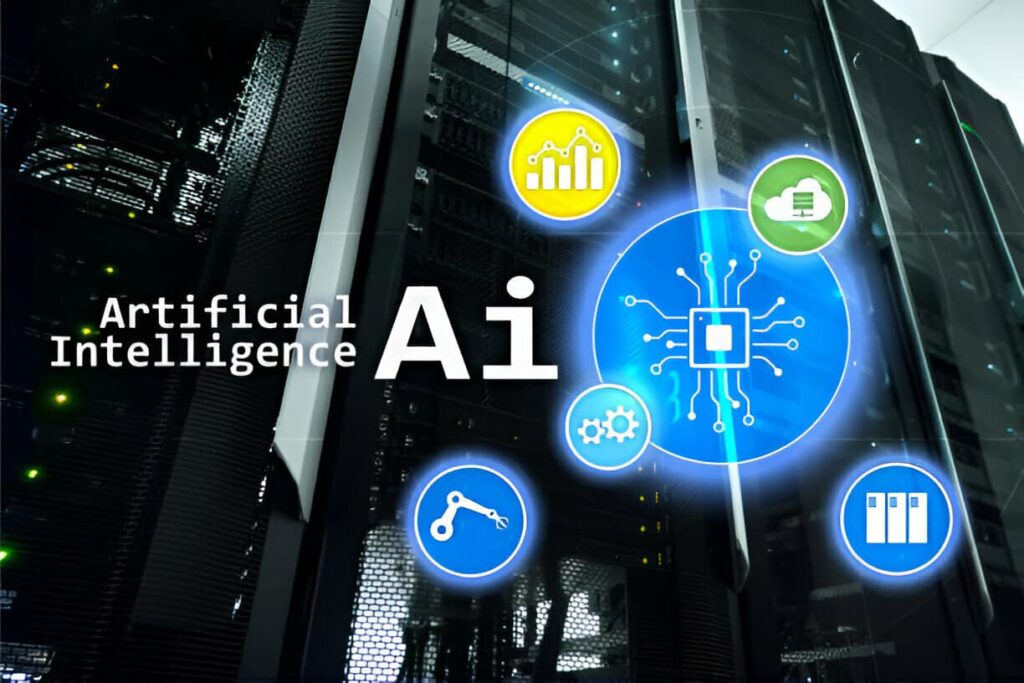In the ever-evolving landscape of utility services, the integration of AI solutions for utilities marks a pivotal shift towards efficiency and sustainability. AI’s ability to analyze vast amounts of data and make intelligent decisions is transforming how utilities are managed. Here’s a practical guide on implementing AI to enhance the efficiency of utility services.
Analyzing Consumption Patterns
The first step in harnessing AI for utility services is to analyze consumption patterns. AI systems can process data from smart meters to understand how energy, water, or gas is being used by consumers. This analysis helps in identifying peak demand times, inefficient usage, and even leaks or faults in the system. By understanding these patterns, utilities can optimize the distribution and reduce wastage.
This data-driven approach enables utilities to forecast future consumption more accurately. Predictive analytics can help in planning resource allocation, ensuring that utilities meet consumer demand without overextending resources. This not only saves costs but also promotes a more sustainable approach to resource management.
Optimizing Grid Operations
AI can dramatically improve the operations of utility grids, be they for electricity, water, or gas. By implementing AI algorithms that continuously monitor and analyze grid conditions, utilities can predict and prevent potential disruptions. AI systems can automatically adjust the flow of resources in real-time to balance supply and demand, ensuring stability even during unexpected spikes in usage.
In addition, AI enables more efficient maintenance practices. Predictive maintenance tools can analyze data from equipment sensors to predict when and where repairs are needed before a breakdown occurs. This proactive approach minimizes downtime and extends the lifespan of utility infrastructure.
Enhancing Customer Service
AI also plays a crucial role in enhancing customer service within utility sectors. Chatbots and virtual assistants, powered by AI, can handle routine customer queries and complaints. This frees up human agents to tackle more complex issues, improving overall customer service efficiency.
These AI systems can also personalize communication by analyzing individual customer data. They can provide tailored advice on reducing consumption, alert customers about potential issues, and inform them about maintenance schedules, all of which enhance customer satisfaction and engagement.
Implementing Smart Energy Systems
One of the most significant applications of AI in utilities is in the development and management of smart energy systems. AI can optimize the integration of renewable energy sources into the grid, managing fluctuations and ensuring that energy supply remains stable and reliable. This is crucial for utilities aiming to increase their share of renewable energy.
AI can facilitate the use of energy storage systems, deciding the best times to store energy or feed it back into the grid. This maximizes the efficiency of energy use and supports the overall reliability of the power supply.
Predicting and Managing Risk
Finally, AI can be instrumental in predicting and managing risks associated with utility services. By analyzing historical data and real-time inputs, AI models can identify potential risks ranging from natural disasters impacting infrastructure to sudden changes in demand that could strain resources.
These insights allow utility companies to implement contingency plans and make informed decisions to mitigate risks. This level of preparedness not only protects the infrastructure but also ensures that service delivery remains uninterrupted under various scenarios.
Sand Technologies states, “Using AI and machine learning, our data scientists equip utility clients to plan, build, monitor and improve vast public networks. This AI-driven approach boosts profitability and performance, from capacity planning to incident tracking to regulatory compliance.”
Implementing AI in utility services is not just about adopting new technology; it’s about transforming operations to be smarter, more responsive, and more customer-focused. As AI continues to advance, its role in driving efficiency and sustainability in utilities will only grow, making it an indispensable tool in the modernization of utility services.



